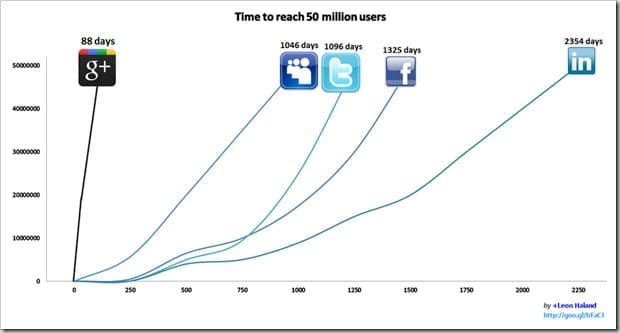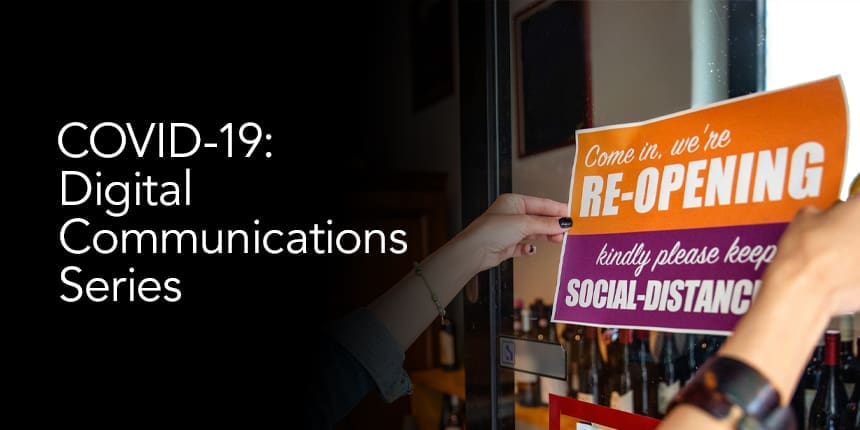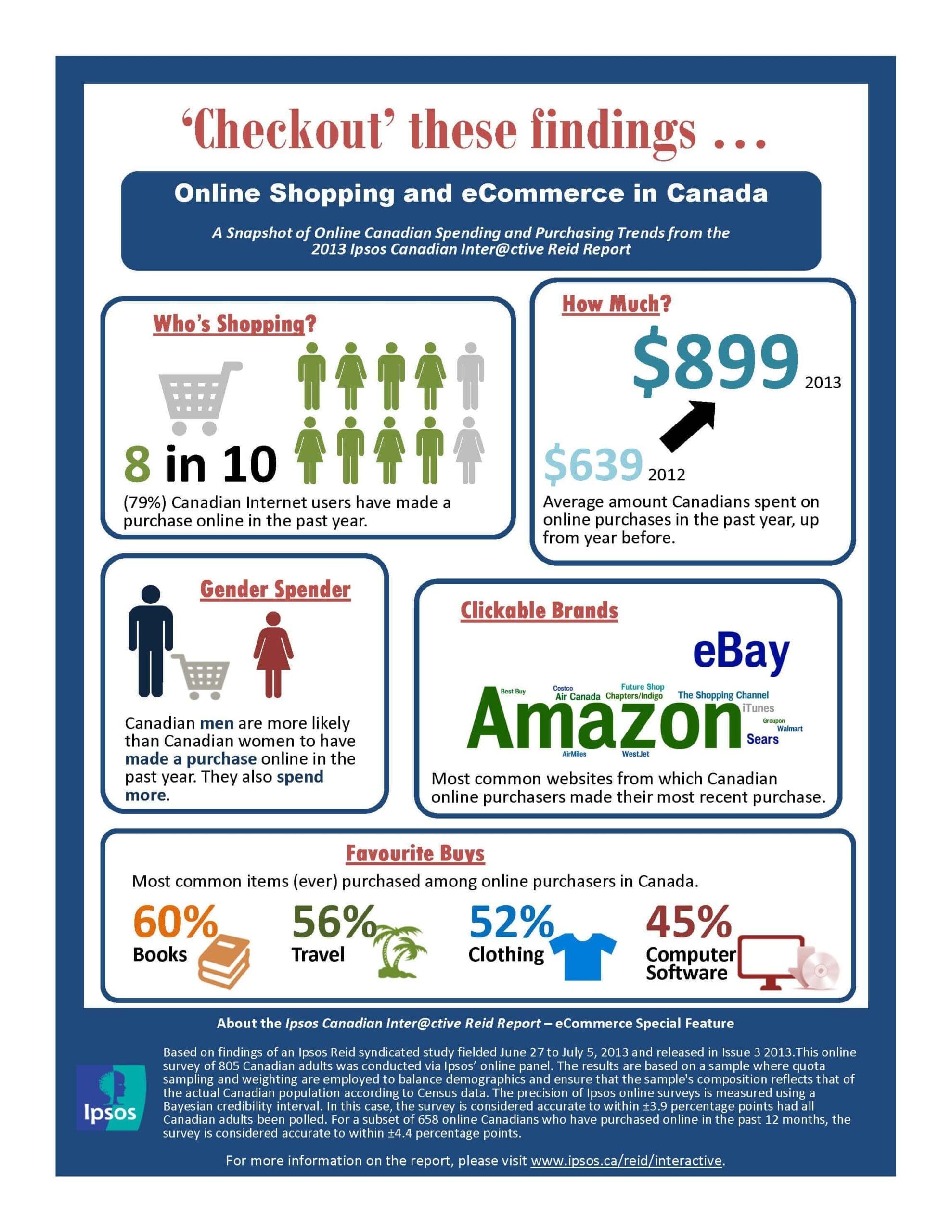
 3-ways-to-optimize-google-features-...
3-ways-to-optimize-google-features-... 
There are lots of questions to ask yourself when planning your social media strategy for the year, but spending time focusing on how your social media efforts will affect your search results should be top of mind. What does that “like,” retweet or +1 mean for your business or client? How is it affecting the way your customers find you? And most importantly are you appearing relevant to potential customers?
Enter Google Plus; Google’s not-so-new social networking site, and a key player you are going to want on your team when it comes to SEO. Why is Google Plus so superior you ask? Judge for yourself based on these numbers if it makes sense to your business/clients:
Since its June 28, 2011 release, more than 62 million users have joined. This is an extremely impressive number considering social networking powerhouse Facebook only reached 60 million users four years after its initial launch. Additionally, Google+ had its strongest month ever this past December with a 55 per cent increase in traffic and is on track to reach 400 million users by the end of 2012.

With statistics like that, it’s hard not to consider Google + a key player in your social media roster. But this masks a key benefit, namely how you can use Google+ to improve your business’ SEO. If you aren’t on Google + yet, get on it, if you are already active then I hope the following tips help you gain some insight into how you can optimize your Google+ account to ensure your business is front and center in search results.
Promote Your Google “+1” Button
The greatest impact on search is driven by the Google “+1” button found in search results pages and as a share icon on websites. The +1 button is similar to Facebook’s “Like” button or Twitter’s “retweet.” It empowers users to influence other peoples’ online activity, and every +1 vote your website receives will show up in your search results.
What does this mean in terms of traffic for your website? The more your network “votes” or “+1s” your content, the more likely their networks are to see your site in their search results. Being front and center in a search result increases the likelihood that a user will click on your website opposed to a competitor.
Grow Your Google+ Circles
This is simple. Grow your followers and increase the number of circles you are in and you will be more likely to show up in your followers search results.
The significance of the “circles” feature goes back to the idea of content sharing. The easier it is to share content, the more likely followers are to share it in their streams and profiles, making your original content more likely to be tagged and deemed important by search engines.
Research indicates that a user is more likely to trust the recommendation of someone they know. This is why Google+ has such a heavy influence on search; it eliminates the need of having to rely on the opinions of strangers by providing members with the ability to see the recommendations of their friends, co-workers or family members. Mutual trust in your brand equals potential dollar signs for you.
Make your Google+ Profile Search Engine Friendly
Completing your Google+ profile and pages and using effective keywords throughout plays a huge role in both your on-page optimization and search results.
Google prioritizes information you select and use on your profile. Creating an eye-catching and optimized profile is the best way to ensure your company will appear at the top of a potential customer’s search results. We will explore the top tips for optimizing your Google+ profile in a future blog post.
In the meantime, we would like to hear from you if you have seen an impact in your search results due to Google+. Please either send us a tweet at @DAC_Group or leave a comment below.
Contact us today to find out more!

